On October 11, 2013, my son wrote an article for Corrine Duyvis at Disability in Kidlit, entitled JB Redmond: What You See . . . And What You Don’t See. JB talked about being a children’s author with a neuromuscular disability (in his case, Cerebral Palsy), and a reader looking to find accurate and compelling representations of himself. Some highlights were, living in his man-cave on a farm in Western Kentucky, Harry Potter, Lord of the Rings, Star Wars, Star Trek, Twilight, a full-sized suit of armor in his bedroom, 600 movies in his collection, coffee, publishing his first epic fantasy in 2009, and this:
“…I’ve never found too many disabled characters in the books I enjoy, unless they’re villains or buffoons. In fantasy, disability tends to equate with evil or sainthood…In science fiction, disability usually gets cured by technology, genetic manipulation, robotic implants or exoskeletons, or advanced surgical techniques and medicines. Disability never seems to be okay, or allowed to exist in futuristic worlds, unless they’re dystopian.”
I know what you’re thinking. Wait—what? He has a suit of armor in his bedroom? 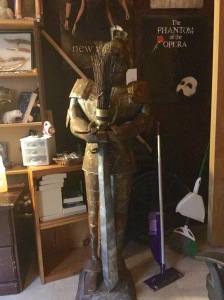
Why, yes. Yes, he does. This is Sir Rusty. And yes, he’s holding a brand new Nimbus 2000, because, why not, and Harry Potter forever!
If you got stuck on the 600 movies, it’s probably closer to 800 now, and he can tell you which numbered slot in his 2 400-DVD jukeboxes you can find every single one of them.
As for the epic fantasy, it’s a two-fer, Oathbreaker: Assassin’s Apprentice and Oathbreaker: Prince Among Killers, co-written with me and both published by Bloomsbury, USA
The very welcome groundswell of discussion about diverse characters, and how children’s literature might be taking a strong lead in transforming the literal and figurative “face” of what we’re reading to include everyone in our amazing world, brought JB’s article to my mind again. It’s a year later. I know there’s at least one book about to enter the world with a character who has Cerebral Palsy (Peavine Jones in Footer Davis Probably Is Crazy), where the Cerebral Palsy isn’t the focus of the story—in fact it’s barely mentioned. I know this, because I wrote the book. Sadly for JB, Peavine has no magical rocks, doesn’t ride a Pegasus, can’t shape-shift or live forever as a vampire, and hasn’t (yet) visited other planets. Footer’s story isn’t JB’s style. If it doesn’t have robots or a good spell or two, he’s probably giving it a pass. Someone please write a book with people who have Cerebral Palsy in it, living life and being a part of the world. If they could have light sabers or magical powers, or be the long lost ruler of some kingdom in a far away galaxy, that would be seriously peachy, too.
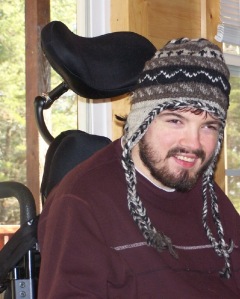 Which brings me back to this. We do need diverse books. We need diverse books for so very many reasons, not the least of which is, my 30 year-old son has been reading book after book and watching movie after movie, since the moment he understood what swords were, and uttered his first curse in Klingon (he was 8), and more than anything else, he wants to find himself in the pages. He wants to see a true reflection of his life, his hopes and dreams, his experiences, and his stories—just like everyone else.
Which brings me back to this. We do need diverse books. We need diverse books for so very many reasons, not the least of which is, my 30 year-old son has been reading book after book and watching movie after movie, since the moment he understood what swords were, and uttered his first curse in Klingon (he was 8), and more than anything else, he wants to find himself in the pages. He wants to see a true reflection of his life, his hopes and dreams, his experiences, and his stories—just like everyone else.
But I also know this: it’s hard to write about his world, in real and accurate ways, unless you’re in it, or unless you share it, or unless you take a lot of time to understand it. Case in point: When JB was 7, I had a real learning experience when I asked him what he wanted more than anything in the world.
What I was expecting:
To walk
To be healthy
To marry his then girlfriend (even though she tended to bite)
To rule a sister-free planet full of Mutant Ninja-Turtles
What I got:
“To be able to whizz off the porch outside, like Dad.”
And, more recently, when his first and only nephew was on the way, and the whole situation got a little scary with his sister and the baby in some distress, I asked him what he was worried about.
What I was expecting:
His sister
Anthony (nephew)
Sleeping in the hospital for three solid days with no shower
Indigestion from eating vending machine food
What I got:
(Solemn, almost tearful) “I’m afraid I won’t be strong enough to hold him. What if my arms don’t work, and I drop him?”
(No worries, we got this puppy sewn up with magic thread!)
Obviously, we don’t just need diverse books—we need diverse authors, too!
Diversity isn’t just about color or culture or size or beliefs or religion or gender or any one specific variable. It’s about everything, and everyone. To me, writing books is like bringing people to a beautiful table to share the best meal ever, whatever food they would like, however they would like to eat it.
If we bring more people, and more people, a miracle happens…
The table just keeps getting bigger.
There’s room for everyone.
And we gaze around in amazement, wondering why we didn’t realize that all along.

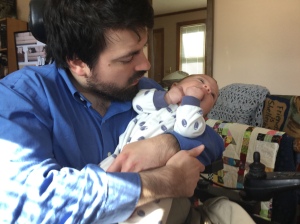

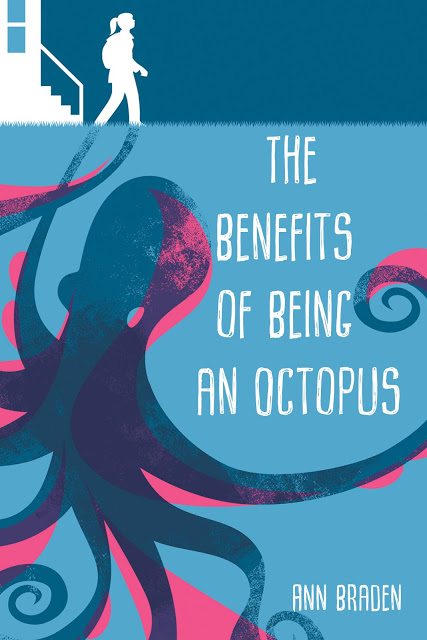

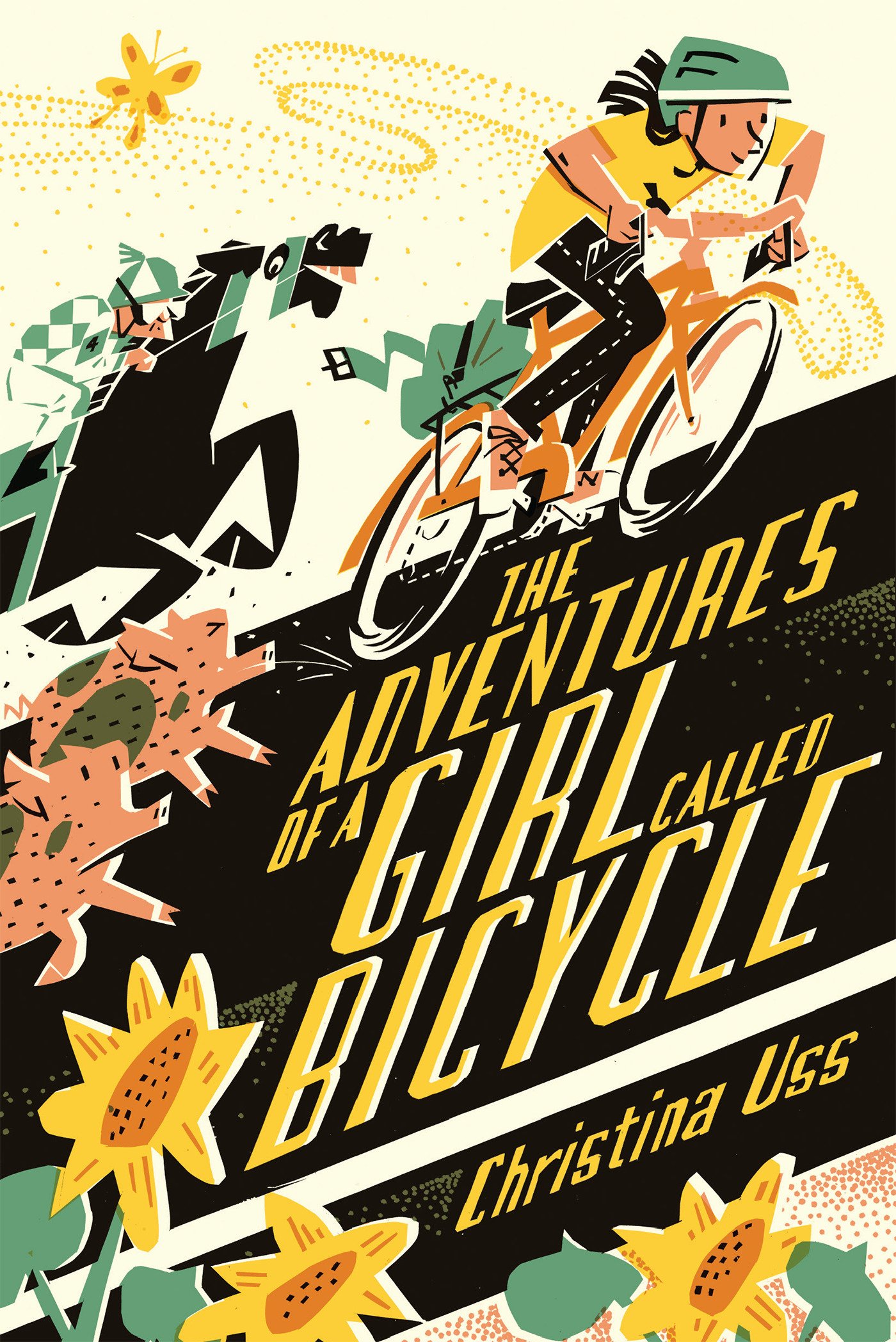






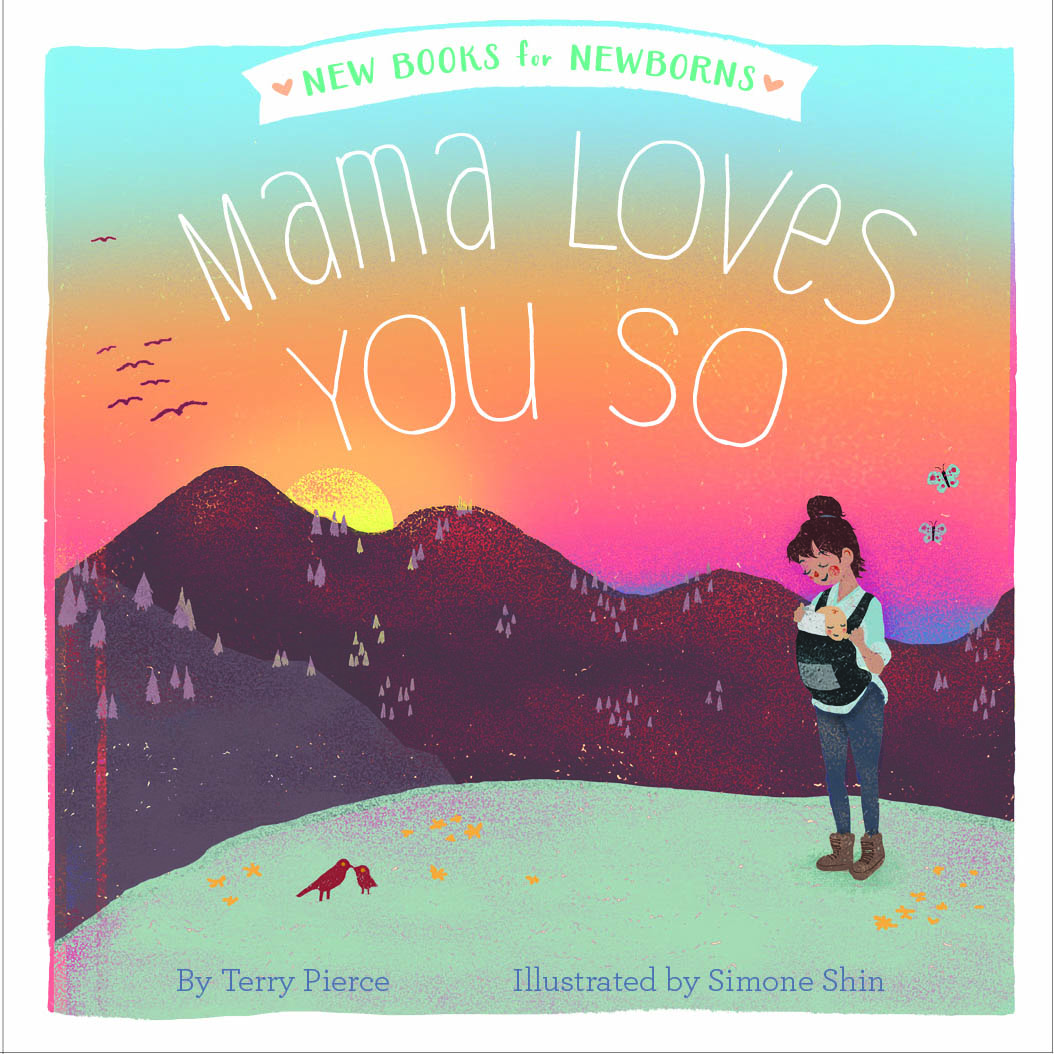
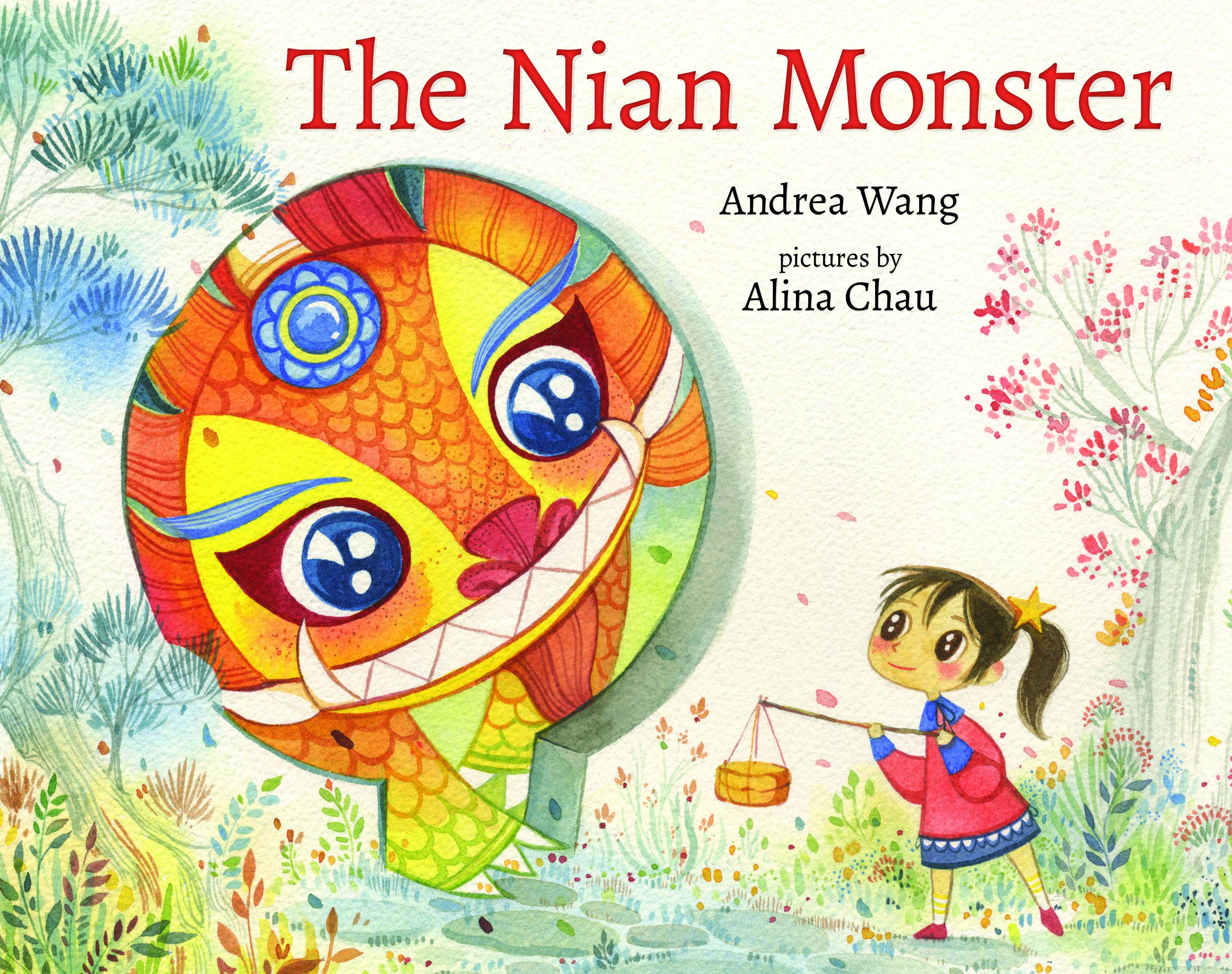
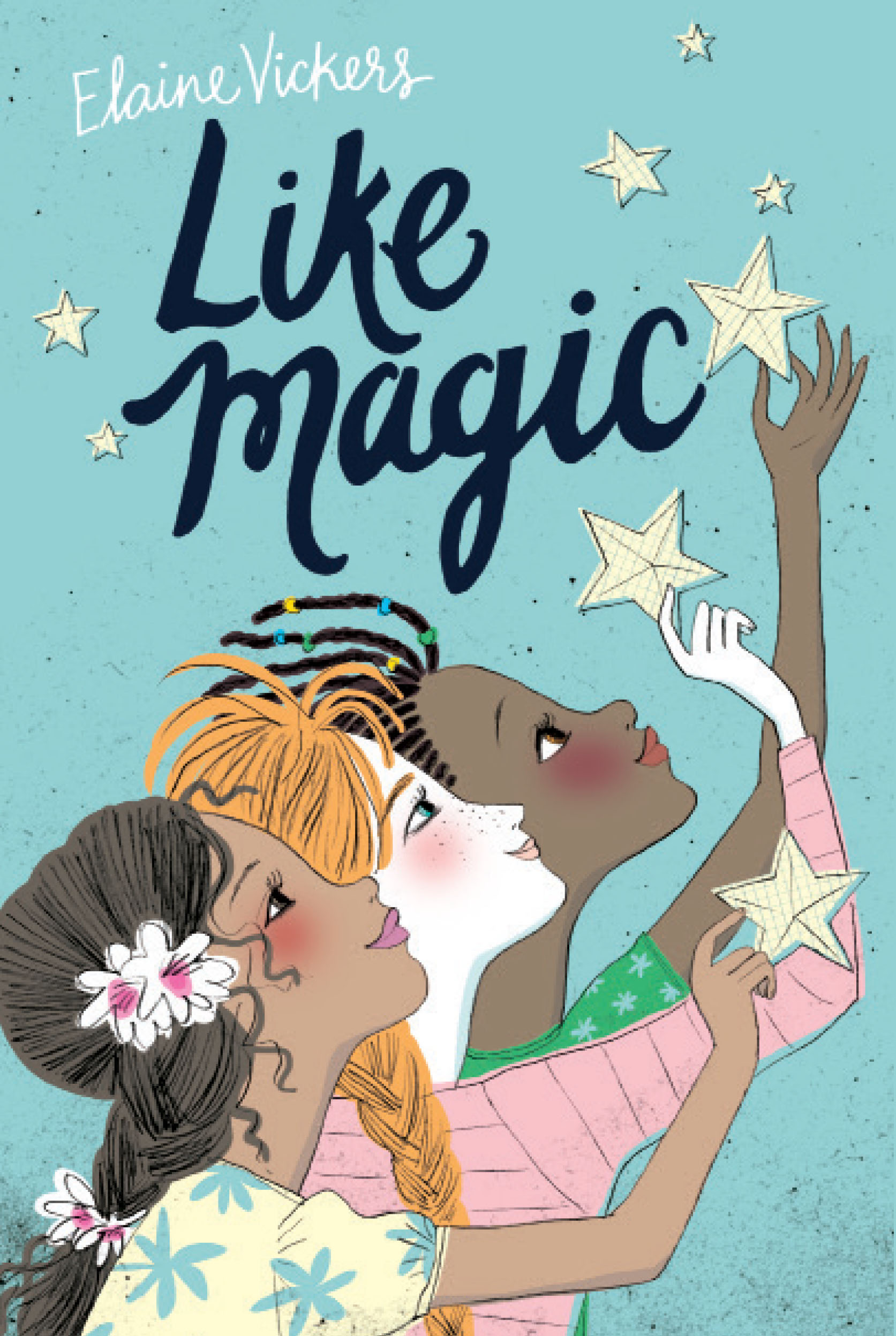
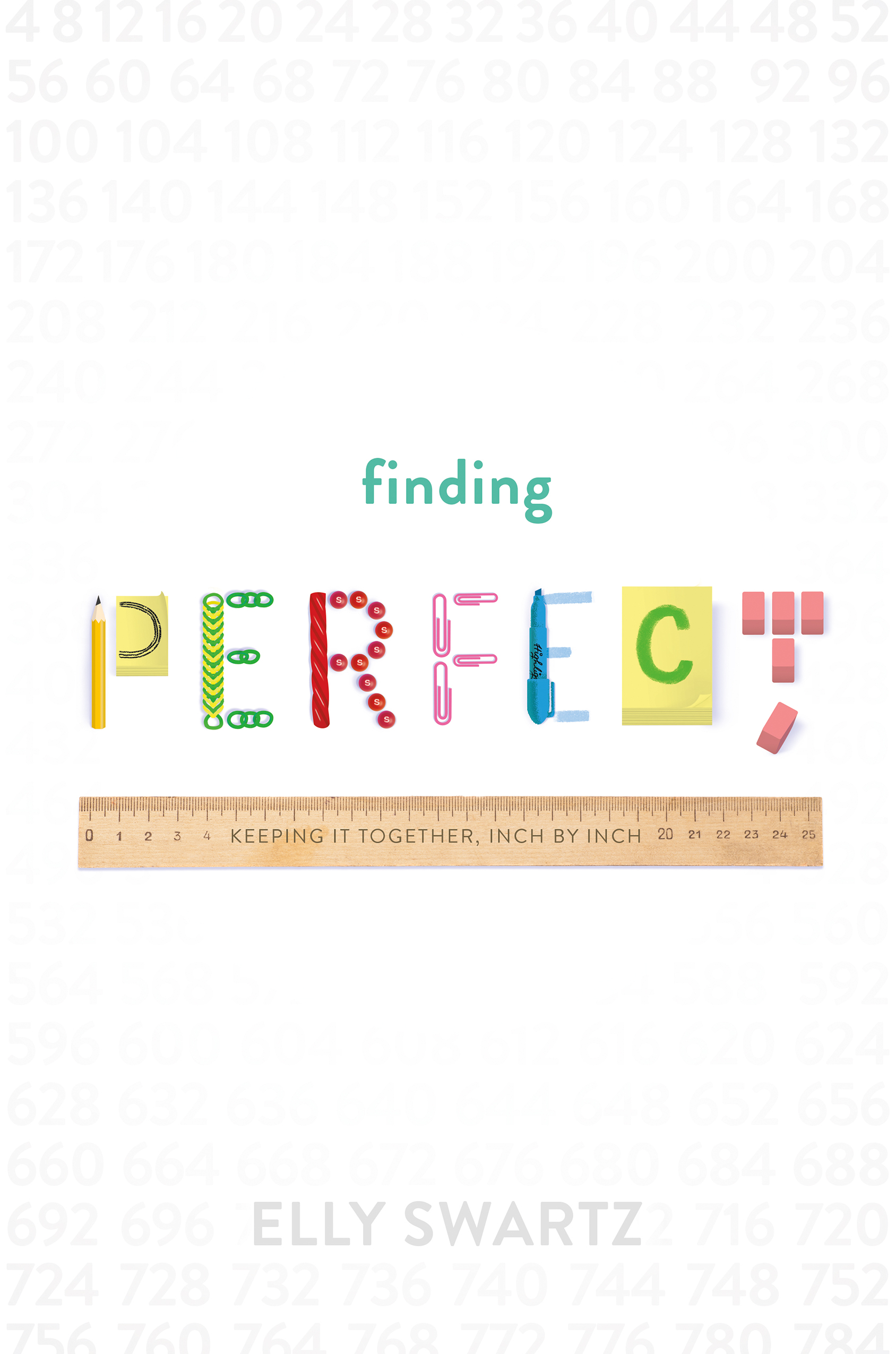
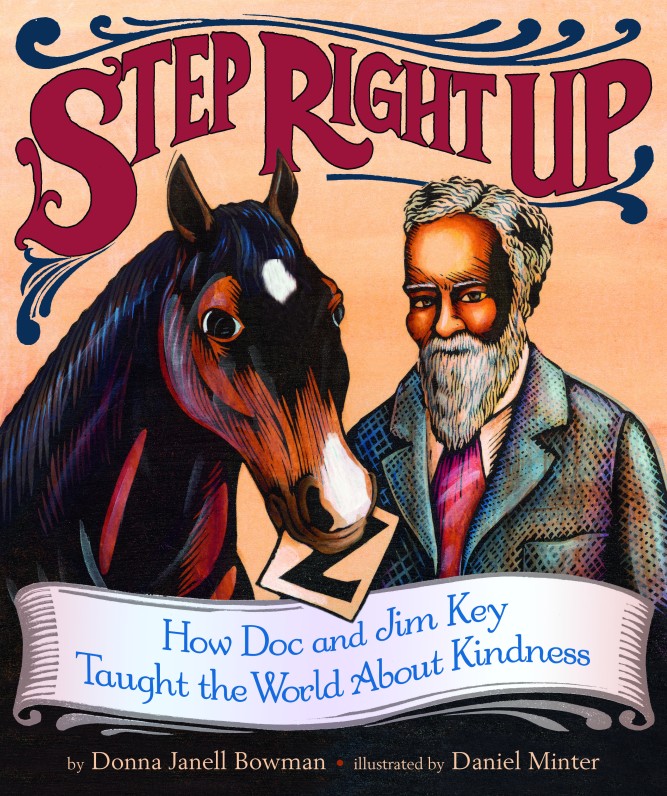
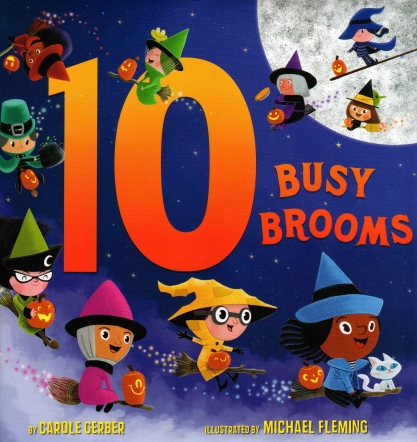
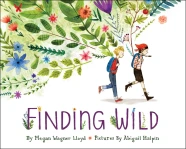
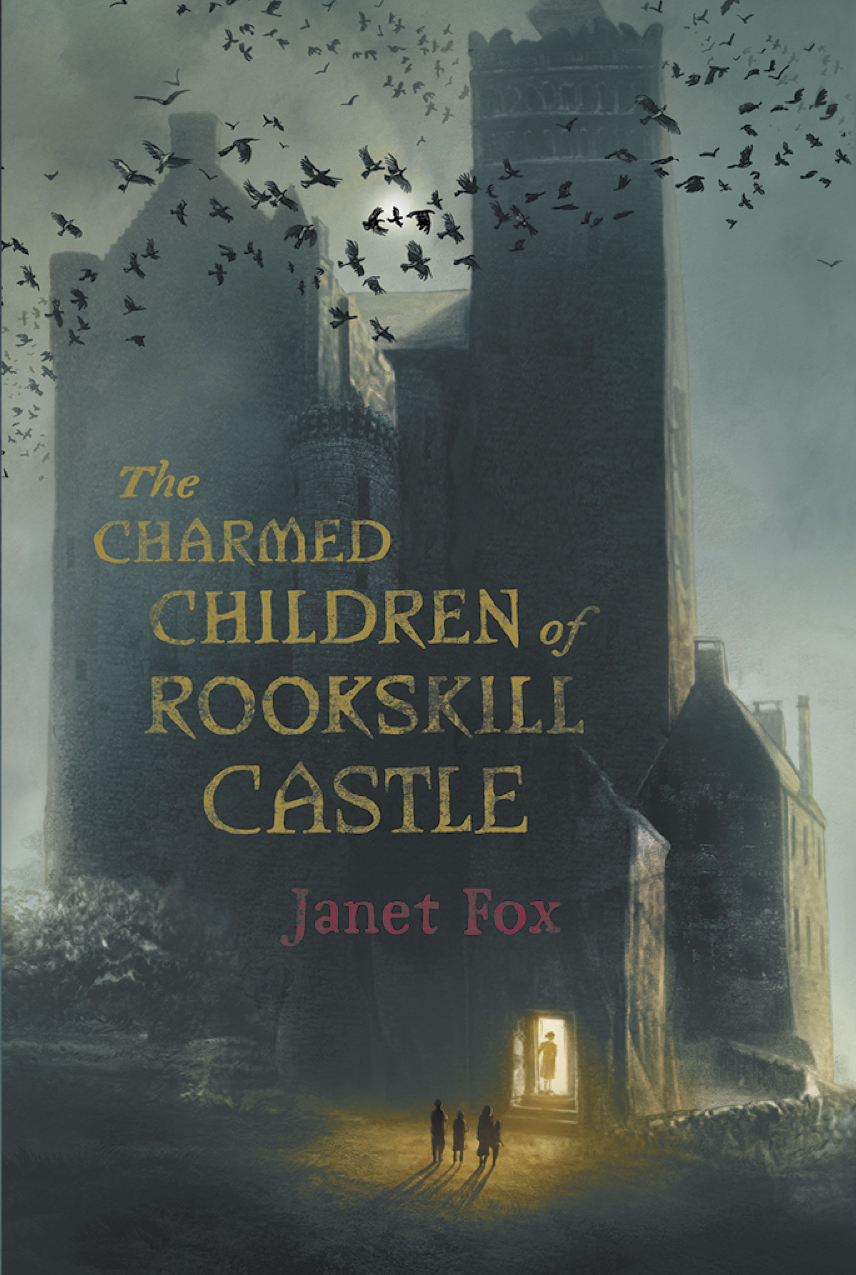
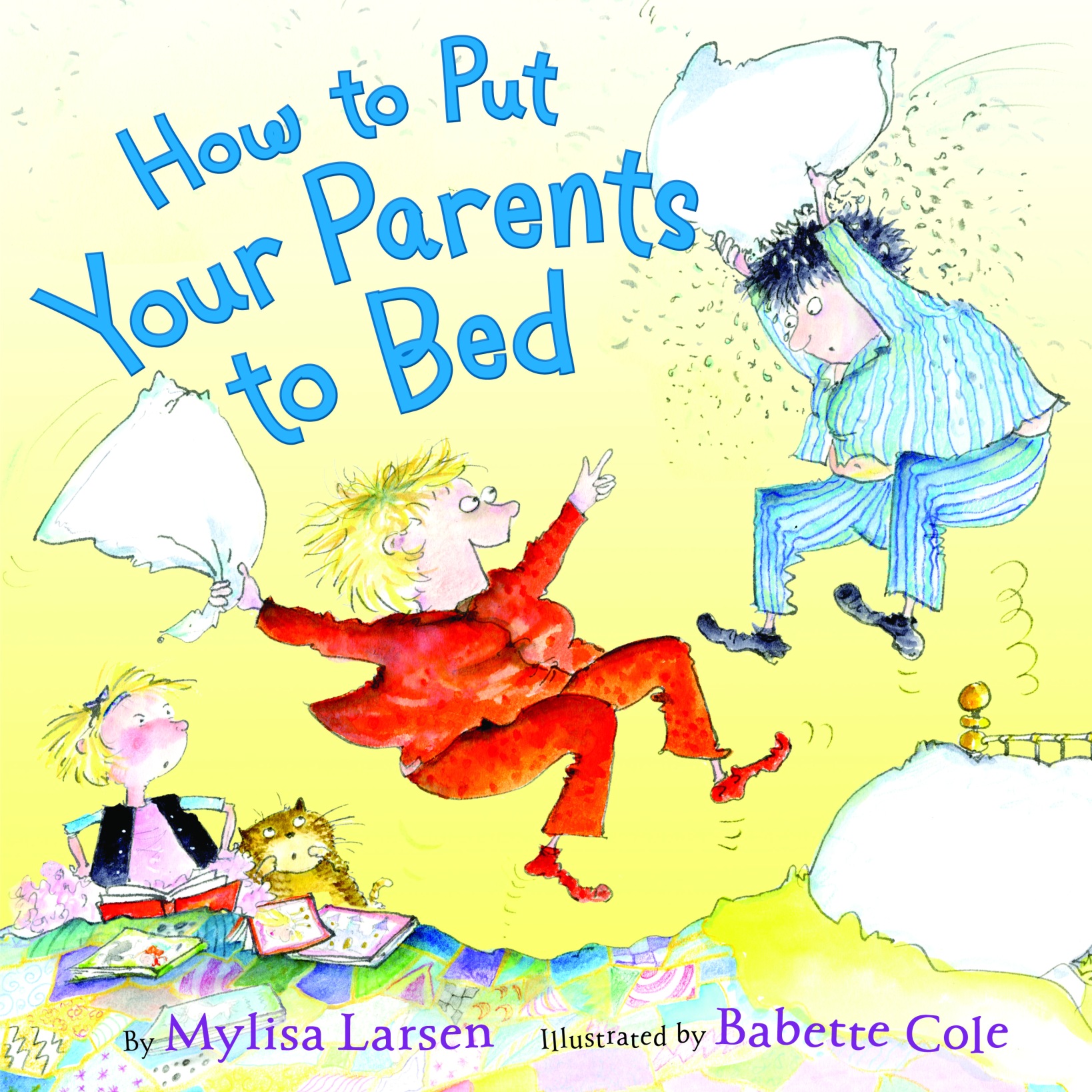



Bravo for you and JB! Your honesty speaks volumes. There is someone I’d love for you to get to know on Facebook. He had a brain tumor removed at 17 and is an inspiration to many. Email me, if you’re interested.
LikeLiked by 3 people
Lovely… ❤ !!
LikeLiked by 1 person
Beautiful and brilliant. The table gets larger. Yes. It happens internally too, right? We open ourselves to more and more opinions and ideas and colors and shapes and abilities and and and… our own selves get bigger too. I love this, Susan. (And the picture of your son and grandson is so utterly breathtaking…)
LikeLiked by 2 people
What a beautiful post, Susan! I am reminded of Walt Whitman’s democratic table, and of Langston Hughes:
I, too, sing America.
I am the darker brother.
They send me to eat in the kitchen
When company comes,
But I laugh,
And eat well,
And grow strong.
Tomorrow,
I’ll be at the table
When company comes.
Nobody’ll dare
Say to me,
“Eat in the kitchen,”
Then.
Besides,
They’ll see how beautiful I am
And be ashamed—
I, too, am America.
Here’s to adding more leafs (or is it leaves?) to our tables! And may they be round 🙂
LikeLiked by 3 people
Beautiful comment about an important article: well written, both!
LikeLiked by 2 people
Yes! Thanks for another look at what “We Need Diverse Books” looks like. Or COULD look like.
LikeLiked by 2 people
That was a moving article about JB. No one could have done it better. I can relate a bit to JB due to my hearing issues. It is a lonely and frustrating world at times.
LikeLiked by 2 people
Beautiful analogy! I love the idea of building a bigger table! Food for thought.
Thank you.
LikeLike
“Obviously, we don’t just need diverse books—we need diverse authors, too!” A brilliant point. YES.
LikeLike
I love this post. Thank you, Susan.
LikeLike
This is an awesome post, Susan. Thank you for sharing it. I was particularly struck by this truth: “it’s hard to write about his world, in real and accurate ways, unless you’re in it, or unless you share it, or unless you take a lot of time to understand it.” That’s so important. It reminds me of the saying “Nothing about us without us.” Words to live (and write) by.
LikeLike
What a superb post, Susan. Please tell JB that my next YA, a speculative fiction, has a disabled MC. I’m going to approach my revisions with a new sensitivity, thanks to this. Hugs –
LikeLike